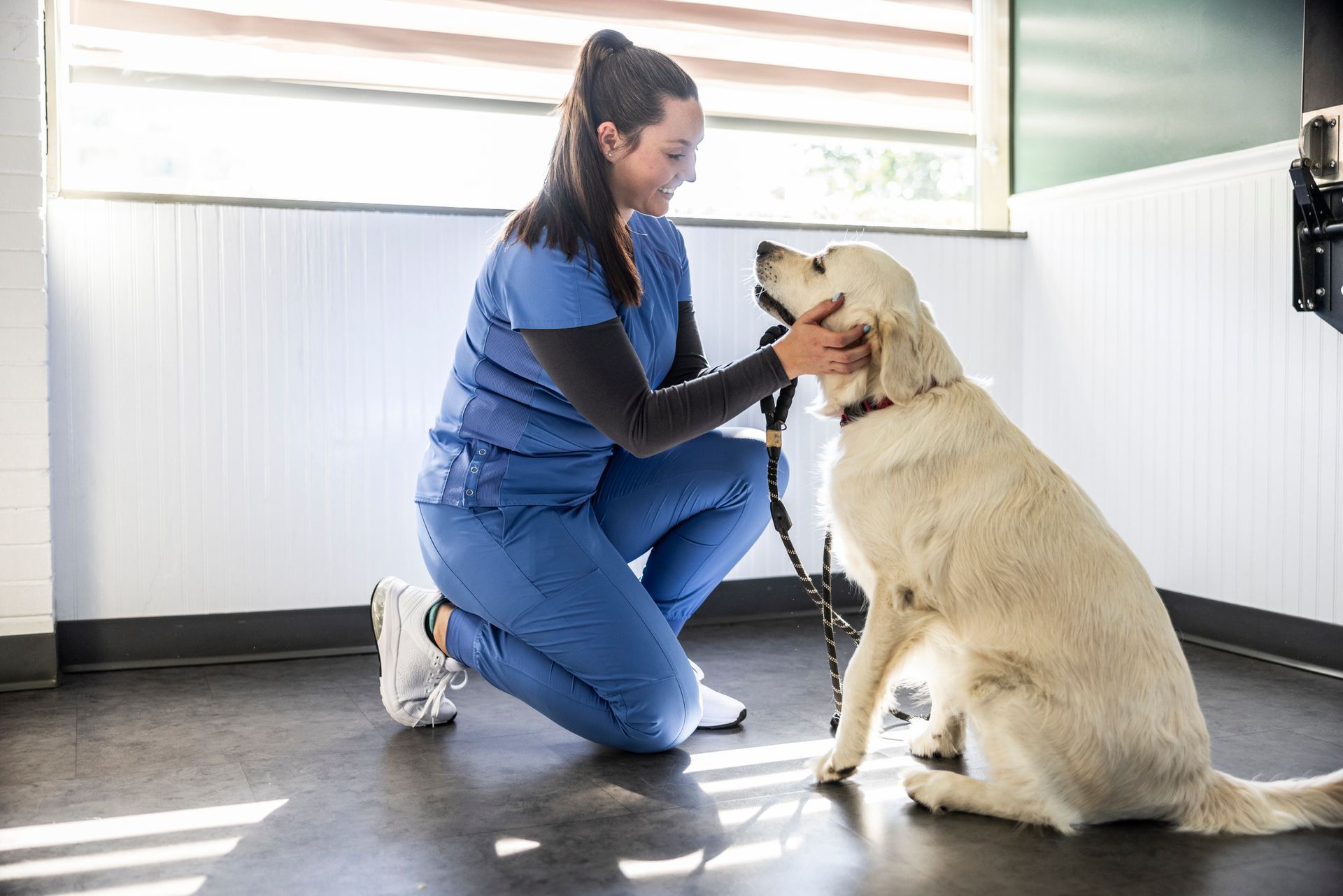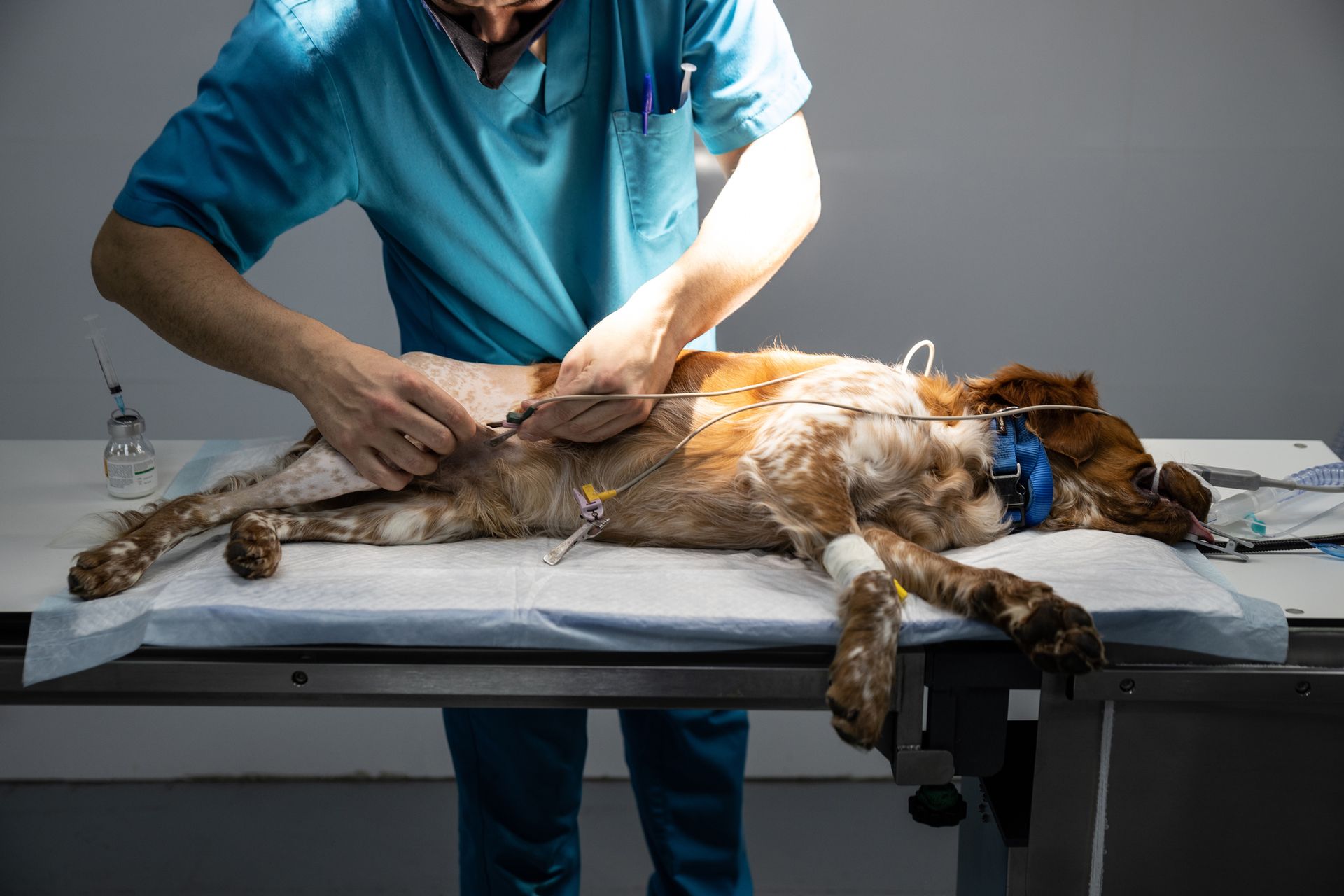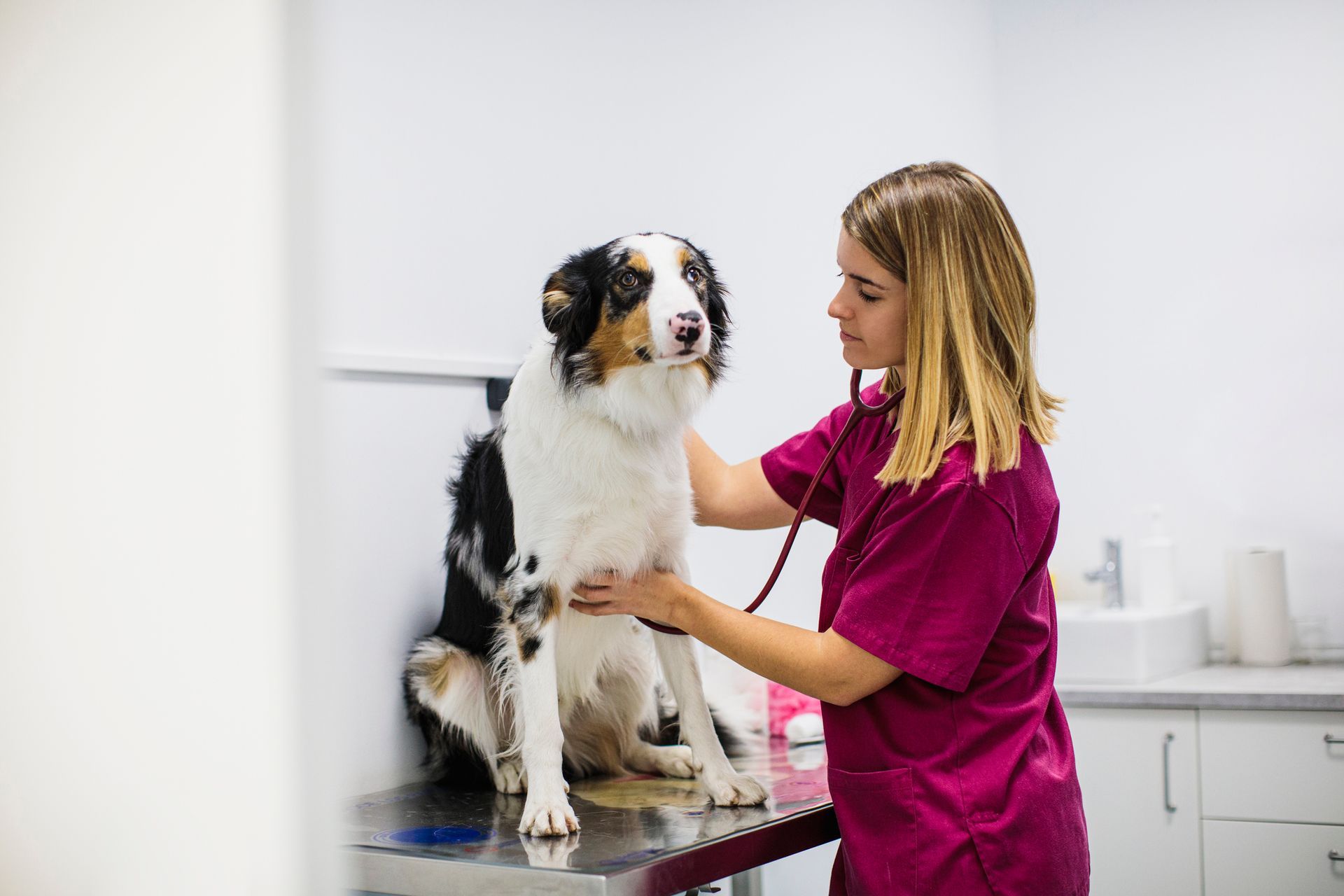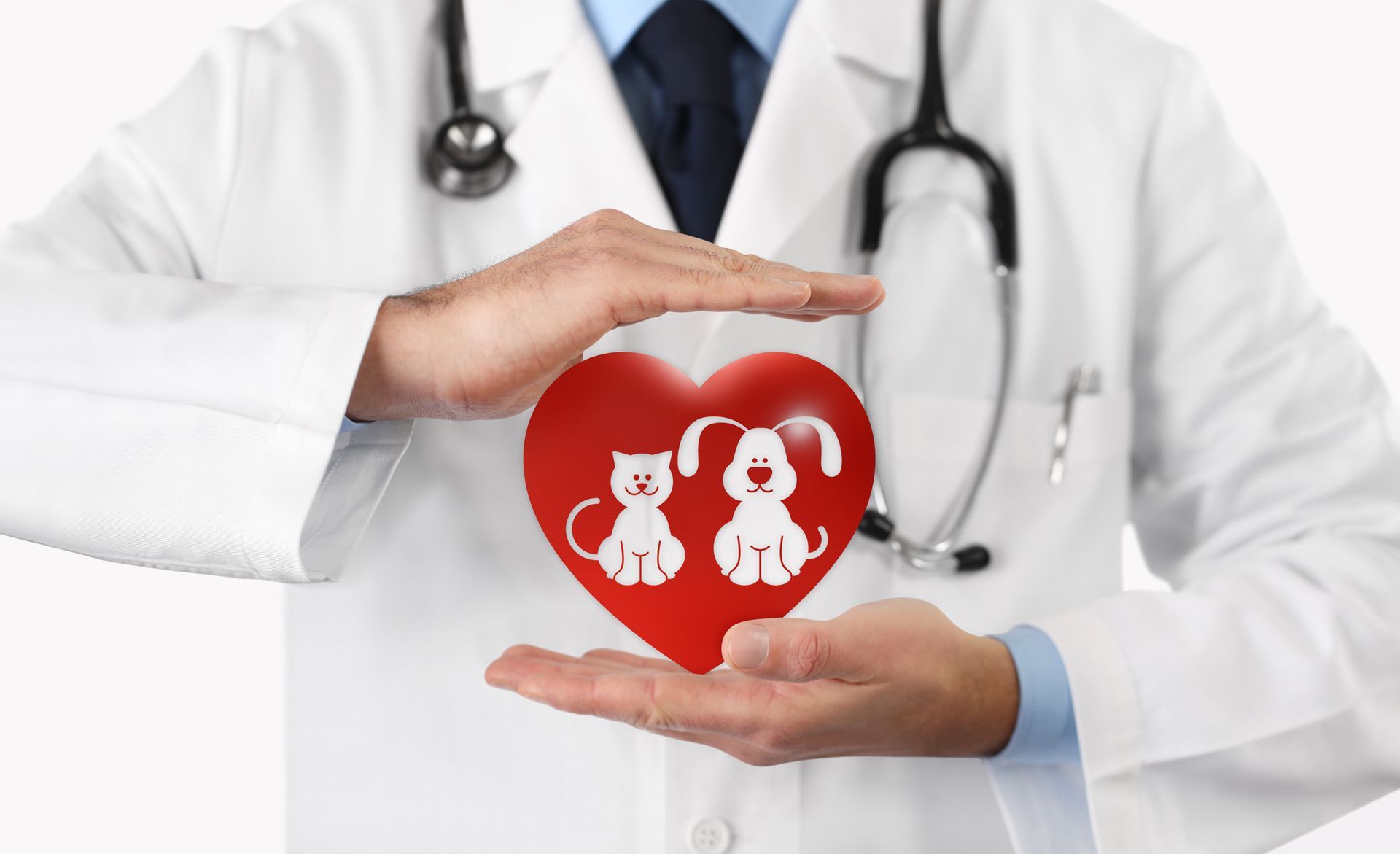3 Dangers of Dogs Chewing Animal Bones
For years, TV shows, movies, and newspaper comic strips have perpetuated the idea that dogs love to chew on animal bones. The pet industry has also followed suit as you can find animal bones for sale in all shapes and sizes. While dogs love to chew on a lot of things, tossing an animal bone to your pet is not the best decision.
Dog bones may be the cliché go-to snack, but you can run into several serious problems if your dog chews on these types of bones. Learn about the dangers and ways a professional can treat your dog if any problems do occur.
1. Bone Sizes
Bone sizes vary and depend on the animal the bone is from. For example, cow bones tend to be larger and thicker, while chicken bones are small and thin. And a smaller bone size could lead to a dog accidentally or purposefully swallowing the bone.
If the bone becomes lodged in the throat, your dog could run into major breathing problems. The bone can also cause damage to areas of the throat like the larynx. If the bone makes it past the throat, a major blockage could occur in the stomach and intestines. You may notice your dog vomits, has a lack of appetite, or appears uncomfortable.
The bones may digest, but it could take several days, if not longer. The process depends on the size of the bone and how your dog has been reacting. Monitor the dog daily to watch for any warning signs.
If your dog swallows a bone, you will need to seek emergency vet treatment. If your dog has breathing issues, then they may be put under anesthesia so the doctors can access the throat and remove the bone. If the bone went deeper, then the vet will likely perform x-rays to look inside the stomach and determine the best course of action.
In some cases, a vet may need to perform stomach surgery to remove the lodged bone. For example, the bone could have jammed up inside the stomach and cause more problems than just a blockage. Sharp edges of the bone could also cause stomach bleeding or intestinal damage. A vet will perform a physical exam to feel the dog's stomach for any tender spots or signs of damage.
2. Tooth Issues
The hardness of bones may give dogs something to chew for a while, but it could also lead to major dental problems. If a dog bites down too hard on a bone, they risk chipping their teeth. A chipped tooth could expose more sensitive areas and lead to oral pain.
In some cases, your dog may bite down and crack a tooth. A cracked tooth could lead to exposure in the gums. When bacteria get into the gums, your dog may suffer from gum infections. If the gum infection worsens, your dog may need extensive dental work to repair the issue.
In some cases, your dog may not show signs of tooth problems right away. If your dog has chewed a bone for a while, manually take a look at their teeth for any signs of issues. Along with cracked teeth, you may see other signs like bleeding gums.
A full dental treatment will include an inspection of the teeth, a professional cleaning, and X-rays of the mouth to see if any damage has occurred. From there, a vet will discuss further treatment options your dog may need to heal and improve their dental health.
3. Bone Splinters
When you give your dog a typical dog treat, the treat will crumble and break into pieces when chewed on. When a dog chews a bone, the bone does not break into even pieces. The bone will splinter and shards will likely enter your dog's mouth. Splinters present just as many dangers as a whole bone.
A splinter will likely have sharp edges that poke and prod your dog's gums. If your dog swallows the splinter, it may digest faster than a whole bone, but it could still cause damage to the intestines and stomach. A dog will like showcase signs of pain if sharp edges of a splinter pokes them internally with each movement.
Due to the smaller size, a splinter may be harder to remove than a full bone, but a vet has multiple treatment options. An X-ray will help spot the exact location of the splinter and showcase what options a vet has available. If your dog has chewed the bone for a while, their throat and stomach could have multiple bone splinters in different locations.
If a splinter blocks the airway passage, bring the animal to an emergency vet right away to help relieve the airway and help the dog breathe again.
Reach out to us at South Seattle Veterinary Hospital with any questions and concerns you have about dog bones and your pet's health. We are open for emergency appointments and will give your dog the upmost care when a problem has occurred.











